
Work-based learning in Armenia – factsheet
The system of formal vocational education and training (VET) in Armenia has two levels: preliminary vocational – craftsmanship – education (one to three years), and middle vocational education (two to five years).
VET in Armenia is mostly school-based but since the introduction of modular training, practical instruction has increased considerably. The only common work-based learning (WBL) element is the system of internships (‘praktika’), which is compulsory according to state educational standards. Depending on the VET speciality and internship type, the duration varies from two weeks to three months.
The government has given high priority to the introduction of a WBL system, with a national working group created in 2018 to develop a concept paper on WBL, which was approved in June 2019 (including a road map for implementation). The paper identified three main forms of WBL: internships, company-based vocational schools, and dual/apprenticeship education.
The objective is a step-bystep development: from the improvement of the internship scheme to implementation of dual/apprenticeship education. Since 2018, 5 formal dual technical VET (TVET) courses for 90 apprentices have been implemented in 4 pilot VET colleges in cooperation with 21 private companies.
In 2018, 3 short-term training programmes (lasting 4 to 6 months) were implemented with the involvement of 67 apprentices. There are several pilots related to WBL/dual implementation supported by donors including the Deutsche Gesellschaft für Internationale Zusammenarbeit GmbH (GIZ, a German development agency) – Private Sector Development and TVET South Caucasus –, and the European Union (EU) – SAY YES Skills for Jobs and Promoting Partnerships for Effective Work-Based Learning Opportunities in VET.
Download
MOST READ
RELATED
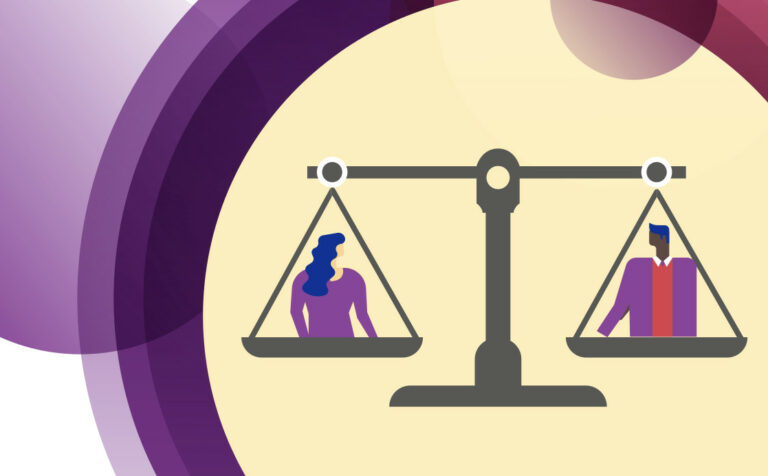
Armenia Country Gender Profile
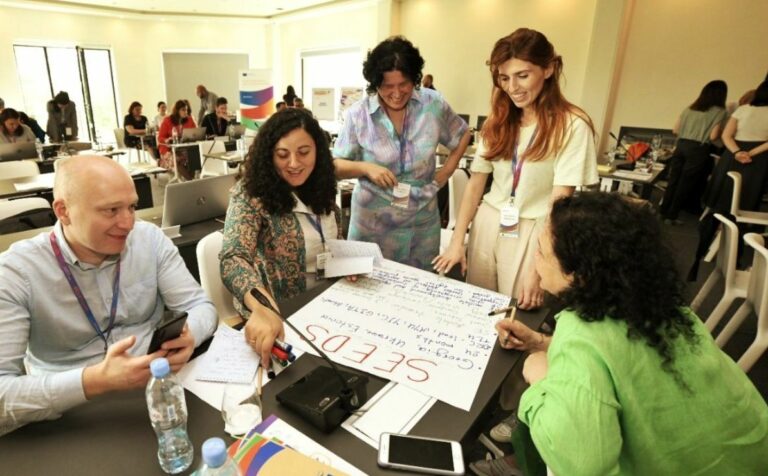
EU4Youth Newsletter: Welcome to the EU4Youth Stakeholder Hub!
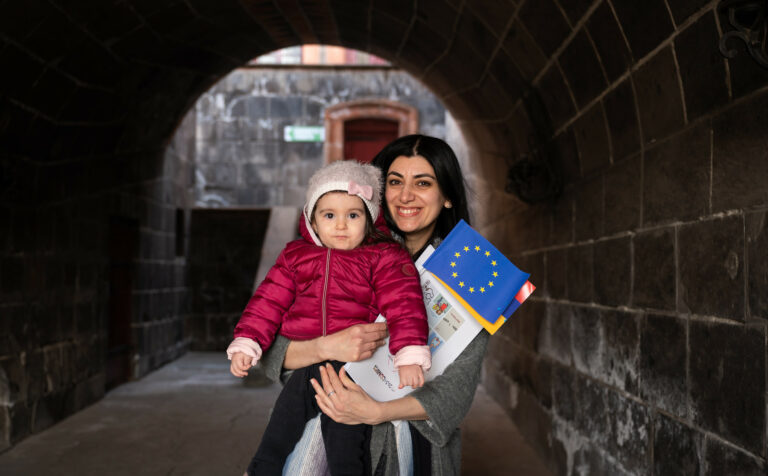
A Resilience and Growth Plan for Armenia
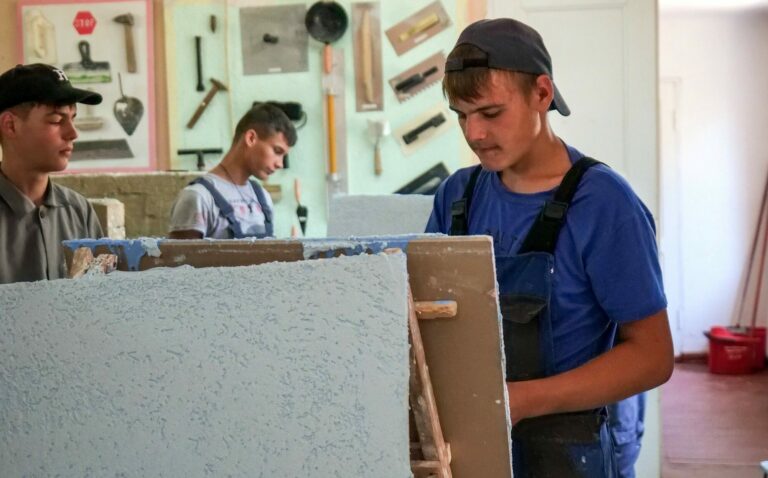
EU4Youth develops Youth Wiki reports on Youth Employment and Employability
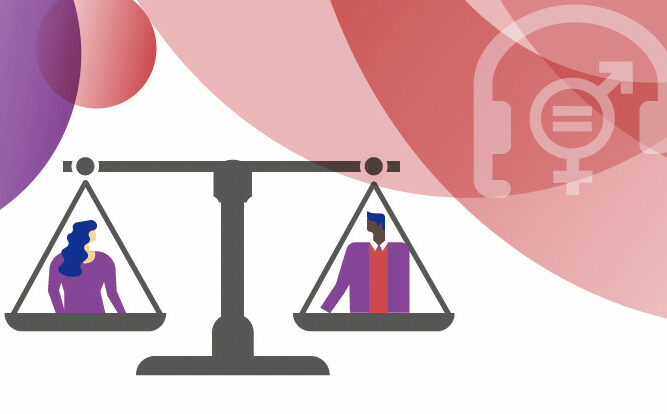
EU4Gender Equality Reform Helpdesk’s support (2021-2024) for Armenia
More campaign pages:
Interested in the latest news and opportunities?
This website is managed by the EU-funded Regional Communication Programme for the Eastern Neighbourhood ('EU NEIGHBOURS east’), which complements and supports the communication of the Delegations of the European Union in the Eastern partner countries, and works under the guidance of the European Commission’s Directorate-General for Neighbourhood Policy and Enlargement Negotiations, and the European External Action Service. EU NEIGHBOURS east is implemented by a GOPA PACE-led consortium. It is part of the larger Neighbourhood Communication Programme (2020-2024) for the EU's Eastern and Southern Neighbourhood, which also includes 'EU NEIGHBOURS south’ project that runs the EU Neighbours portal.

The information on this site is subject to a Disclaimer and Protection of personal data. © European Union,







